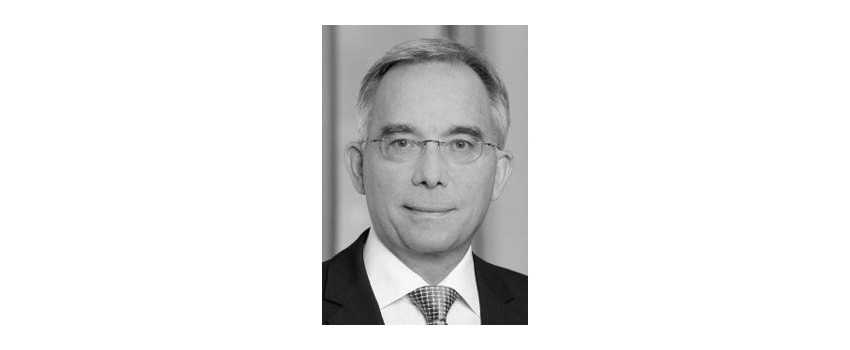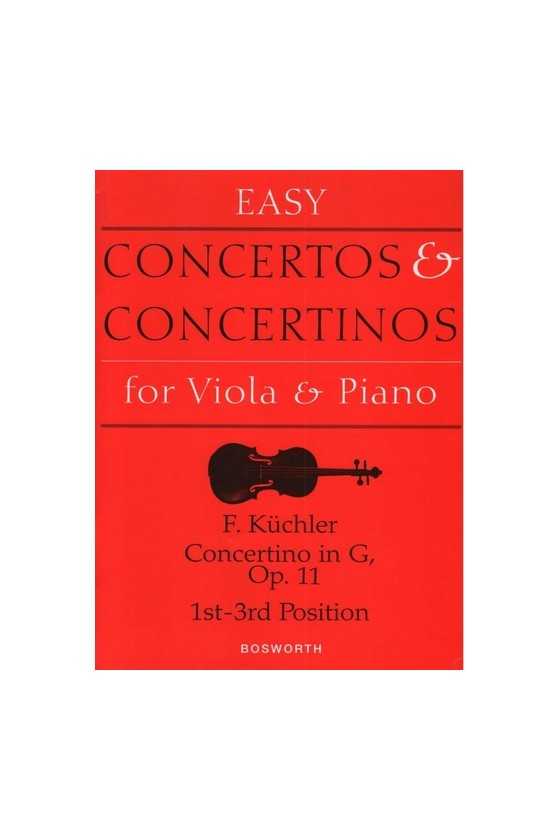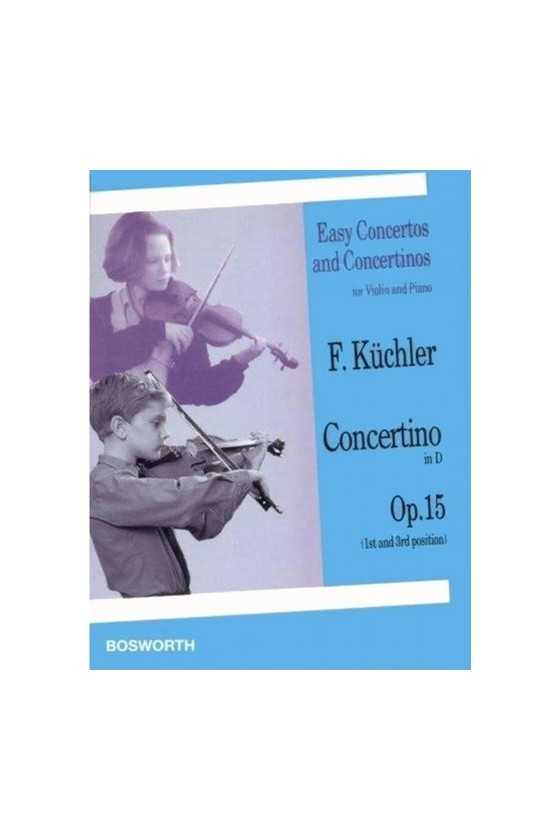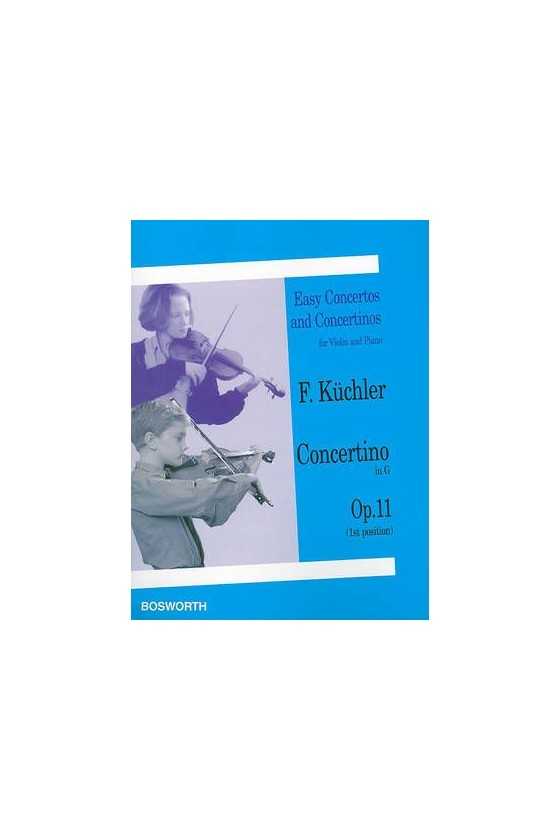Kuchler, Ferdinand
Ferdinand Küchler (14 July 1867 – 24 October 1937) was a renowned German violin pedagogue and composer of educational violin music. His contributions to the field of violin education, along with his compositions, have left a lasting impact on the world of music.
Early Years and Education
Born on July 14, 1867, in Germany, Ferdinand Küchler displayed a natural aptitude for music from a young age. His passion for the violin led him to pursue formal musical education at the Hoch Conservatory in Frankfurt am Main. From 1883 to 1888, Küchler studied violin under the guidance of Johann Naret-Koning and Hugo Heermann, both renowned violinists of their time. Alongside violin training, Küchler honed his music theory skills under the tutelage of Arthur Egidi and Iwan Knorr.
Professional Career as a Violinist
After completing his education, Küchler embarked on a successful career as a violinist. In 1889, he secured his first position as the principal violist of the Basel Symphony Orchestra. Additionally, he played the viola in a string quartet, further showcasing his versatility as a musician. Küchler's skill and dedication earned him recognition among his peers and audiences alike.
Teaching Career and Contributions
Küchler's passion for teaching led him to share his knowledge and expertise with aspiring violinists. In 1898, he was appointed as a violin instructor at Frankfurt's Hoch Conservatory, the same institution where he had received his education. During this time, Küchler also became a member of the Heermann Quartet, led by his former teacher Hugo Heermann.
In 1910, Küchler relocated to Basel, Switzerland, where he became the director of a private music school. He took on the responsibility of leading choral groups and continued to teach violin, imparting his wisdom to a new generation of violinists. His teaching methods and dedication to nurturing young talent earned him a reputation as a respected pedagogue.
Authorship and Composition
Ferdinand Küchler's passion for education extended beyond the classroom. He authored violin technique manuals and composed instructional works specifically designed for violin students. One of his notable contributions was the creation of student concertos, which provided young violinists with the opportunity to showcase their skills in a structured and educational manner.
Küchler's most renowned work, the two-volume "Course of Violin Training," published by Hug-Verlag, Zürich, remained an essential resource in the violin instructional literature until the mid-1960s. This comprehensive guide offered a systematic approach to violin training, covering various aspects of technique, musicality, and interpretation.
Legacy and Influence
Ferdinand Küchler's contributions to the world of music, both as a performer and educator, have left a lasting impact. His dedication to violin pedagogy and the creation of educational compositions continue to shape the way violinists are trained and taught. Many of his works are still performed and studied by students and professionals worldwide, ensuring that his legacy lives on.
Conclusion
Ferdinand Küchler's life journey as a talented violinist, dedicated teacher, and prolific composer exemplifies his passion for music and education. His contributions to violin pedagogy and instructional compositions have solidified his place in the annals of music history. Through his teachings and compositions, Küchler has inspired countless violinists, leaving an indelible mark on the world of music.

Kuchler, Concertino in G Op. 11 For Violin (Bosworth)
Ferdinand Kuchler's terrific Concertino In G Op. 11, set effectively here for Violin and Piano accompaniment. All three movements of this Concertino are in the First Position.



